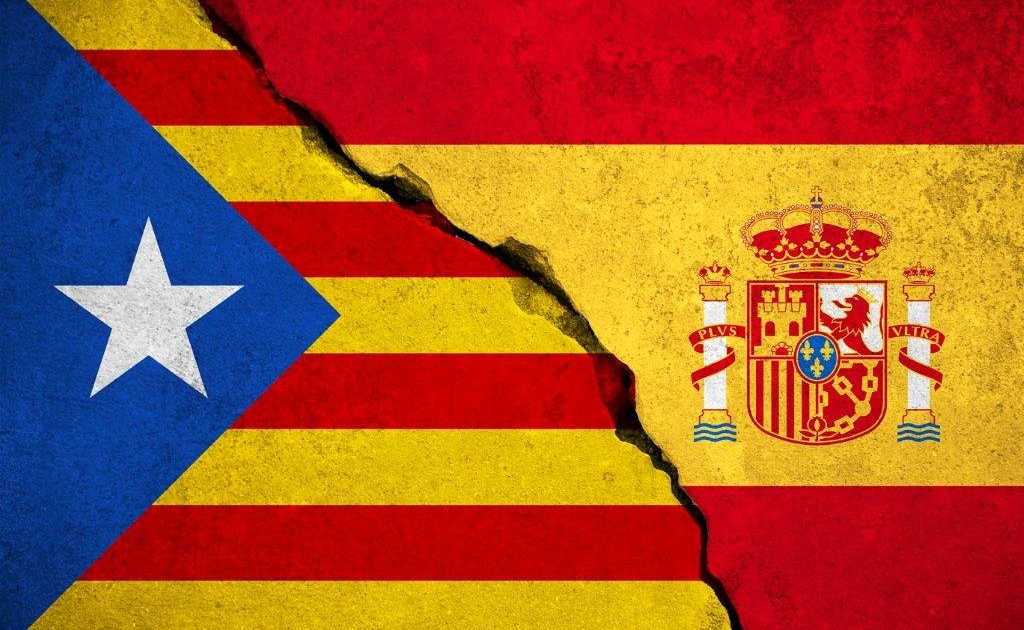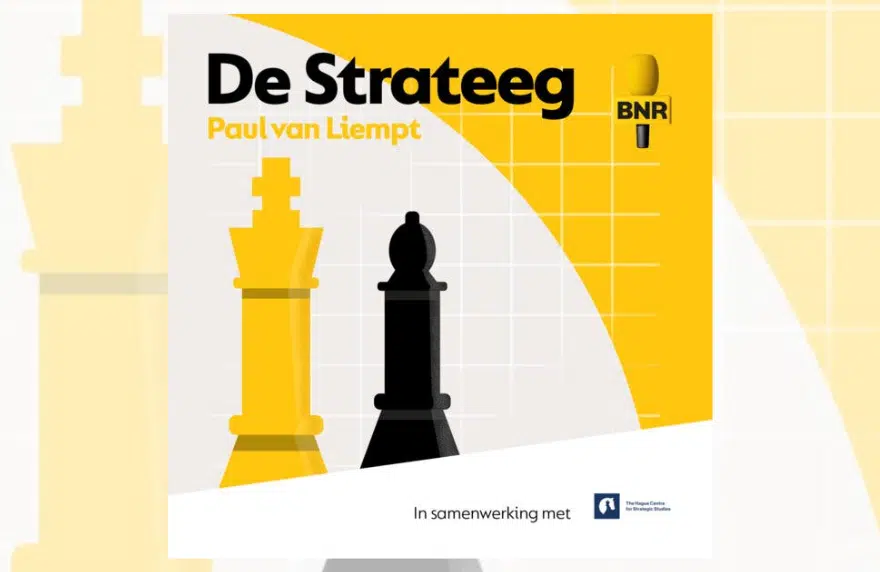Het pokerspel over de Catalaanse onafhankelijkheid heeft Spanje in de diepste politieke crisis gestort sinds het land vier decennia geleden een democratie werd. De centrale regering stelde al meerdere ultimata aan de opstandige Catalaanse regioregering, maar die wist telkens weer te vertragen of dubbelzinnigheid te scheppen.
Gisterochtend tien uur verliep opnieuw zo’n ultimatum. Madrid had de Catalaanse regiopresident Carlés Puigdemont tot dat tijdstip gegeven om zijn afscheidingscampagne te staken.
“Dit is een typische dynamiek voor dit soort conflicten”, zegt onderzoeker Tim Sweijs van The Hague Centre for Strategic Studies. “Beide partijen blijven pushen en pushen, tot ze aan de rand van de afgrond komen. Dan zetten ze een stapje terug.”
Sweijs heeft net een proefschrift geschreven over het gebruik van ultimata in de internationale betrekkingen. Hij analyseerde 86 gevallen waarin ultimata werden gesteld in de periode van 1920 tot 2015. Het ging daarbij vooral om conflicten tussen staten, maar ook om enkele gevallen van afscheiding, zoals het uiteenvallen van Joegoslavië in de jaren negentig en de dekolonisatie van Nederlands-Indië.
Sweijs onderscheidt vier soorten ultimata: het absolute dictaat, de voorwaardelijke oorlogsverklaring, de ‘bluf’ en wat hij met een Engelse term brinkmanship noemt, waarbij tot op de rand van een catastrofe wordt gegaan.
Volgens hem vallen de huidige ultimata van Madrid in deze laatste categorie, omdat de centrale regering duidelijk de machtigste partij is, die met dreigementen probeert de medewerking van de Catalanen af te dwingen.
Sweijs: “Het is een manier om druk te zetten op de Catalaanse regioregering om het doel te bereiken zonder grootscheeps geweld te gebruiken.”
Zwicht de onderliggende partij doorgaans voor dit soort ultimata?
“Nee, in eerste instantie vaak niet. In de helft van de 86 situaties die ik heb onderzocht gaf de onderliggende partij niet toe. In die situaties dwong de oplegger van het ultimatum dan met dwangmaatregelen of geweld alsnog inwilliging van de eisen af. Uiteindelijk kreeg de oplegger op die manier in negen van de tien gevallen alsnog zijn zin.”
Waar hangt succes dan van af?
“Het is cruciaal dat de oplegger van het ultimatum bereid is, én in staat is, om zijn dreigement uit te voeren. Het moet geen bluf zijn. Ik vermoed dat Madrid daarom op de dag van het onafhankelijkheidsreferendum zo hard reageerde, met de inzet van de politie tegen demonstranten. De regering wilde laten zien dat zij bereid is tot escalatie. Maar regiopresident Puigdemont doet natuurlijk alsof hij daar niet gevoelig voor is. Dat is zijn onderhandelingsstrategie.”
Wat kan Puigdemont nu nog doen?
“Het is voor de onderliggende partij in dit soort situaties van groot belang om buitenlandse steun te verwerven. Puigdemont probeert daarom Europese regeringsleiders over te halen om te bemiddelen. Als hij daarin slaagt, zou dat zijn positie enorm versterken.
“Maar ja, wie kan er bemiddelen? Macron, May, Merkel? Of misschien toch Tusk? De Spaanse regering wil niet onderhandelen en wil al helemaal geen externe bemiddeling, omdat dat haar positie zou verzwakken. Zij heeft ook te maken met een trots Spaans volk, dat hecht aan de eenheid van de natie.”
U noemt in uw proefschrift ook Nederlands-Indië. Is dat een relevant voorbeeld?
“Op zich was dat natuurlijk een heel andere situatie, omdat Indië een kolonie was. Nederland had daar in de jaren veertig al lang niks meer te zoeken en de Nederlanders hadden het ook verbruid bij grote delen van de lokale bevolking. Bovendien liep het uit op oorlog.
“Maar het is toch wel een interessant voorbeeld. Want Nederland zette in op een unie met Indië, onder één staatshoofd.
“De Nederlanders kondigden meerdere ultimata af, en volgden die ook op met militaire escalatie, maar ze trokken toch aan het kortste eind. Daarbij speelde een belangrijke rol dat de Indonesiërs de steun kregen van de internationale gemeenschap. Nederland moest zijn kolonie opgeven onder buitenlandse druk.
“Ik denk dat internationale bemoeienis ook in de Catalaanse crisis uiteindelijk wel eens de doorslag kan gaan geven.”





